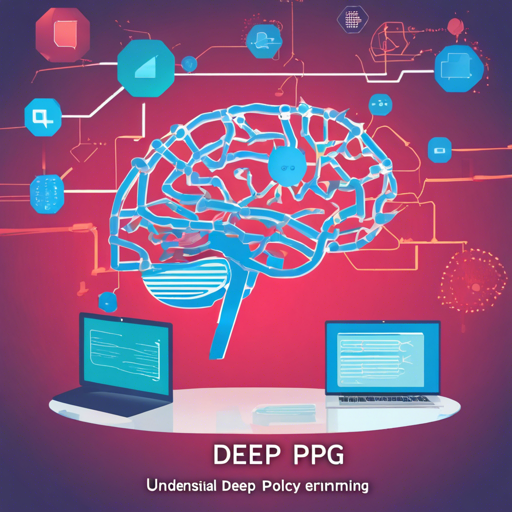Deep Deterministic Policy Gradient (DDPG) is a powerful algorithm in the realm of reinforcement learning, particularly suited for continuous control tasks. While the repo discussed here is no longer maintained, it’s essential to understand the workings and usage before transitioning to more recent implementations.
Installation Process
To get started with DDPG, you’ll need to set up a few dependencies. Follow these steps to ensure everything is in place:
- First, install Gym for creating and interacting with environments.
- Next, install TensorFlow for building and training the neural networks.
Once the prerequisites are in place, run the following commands:
pip install pyglet # Required for gym rendering
pip install jupyter # Required only for visualization (see below)
git clone https://github.com/SimonRamstedt/ddpg.git # Get DDPGUsing DDPG: A Quick Example
Now that you have your environment set, you can start using DDPG. Here’s how:
python run.py --outdir ../ddpg-results/experiment1 --env InvertedDoublePendulum-v1To access a full overview of the options available, use the command:
python run.py -hIf you are looking to execute in the cloud or on a university cluster, you can find more details here.
Visualization: Making Sense of Outputs
Visual representations can help in understanding how well your model is performing. Use the following command to launch a dashboard for visualization:
python dashboard.py --exdir ../ddpg-results/Once again, you can get a complete help overview using:
python dashboard.py -hTroubleshooting Common Issues
While using DDPG, you may encounter some known issues as you navigate through the code:
- The absence of batch normalization
- No convolutional networks; this means it only learns from low-dimensional states
- Improper seeding may hinder reproducibility
For any unexpected problems, please feel free to reach out or open a GitHub issue. Contributions to help improve DDPG are always welcome!
For more insights, updates, or to collaborate on AI development projects, stay connected with fxis.ai.
Enhancements Over the Original Paper
There are several proposed enhancements that can vastly improve the performance of DDPG:
- Output normalization to address variations in return scales, potentially solving divergence issues.
- Prioritized experience replay which can lead to faster learning and better performance, especially in environments with sparse rewards.
Advanced Usage: Remote Execution
If you wish to execute DDPG remotely, the following command can be utilized:
python run.py --outdir your_username@remotehost.edu:someremotedirectory --env InvertedDoublePendulum-v1Conclusion
At fxis.ai, we believe that such advancements are crucial for the future of AI, as they enable more comprehensive and effective solutions. Our team is continually exploring new methodologies to push the envelope in artificial intelligence, ensuring that our clients benefit from the latest technological innovations.

